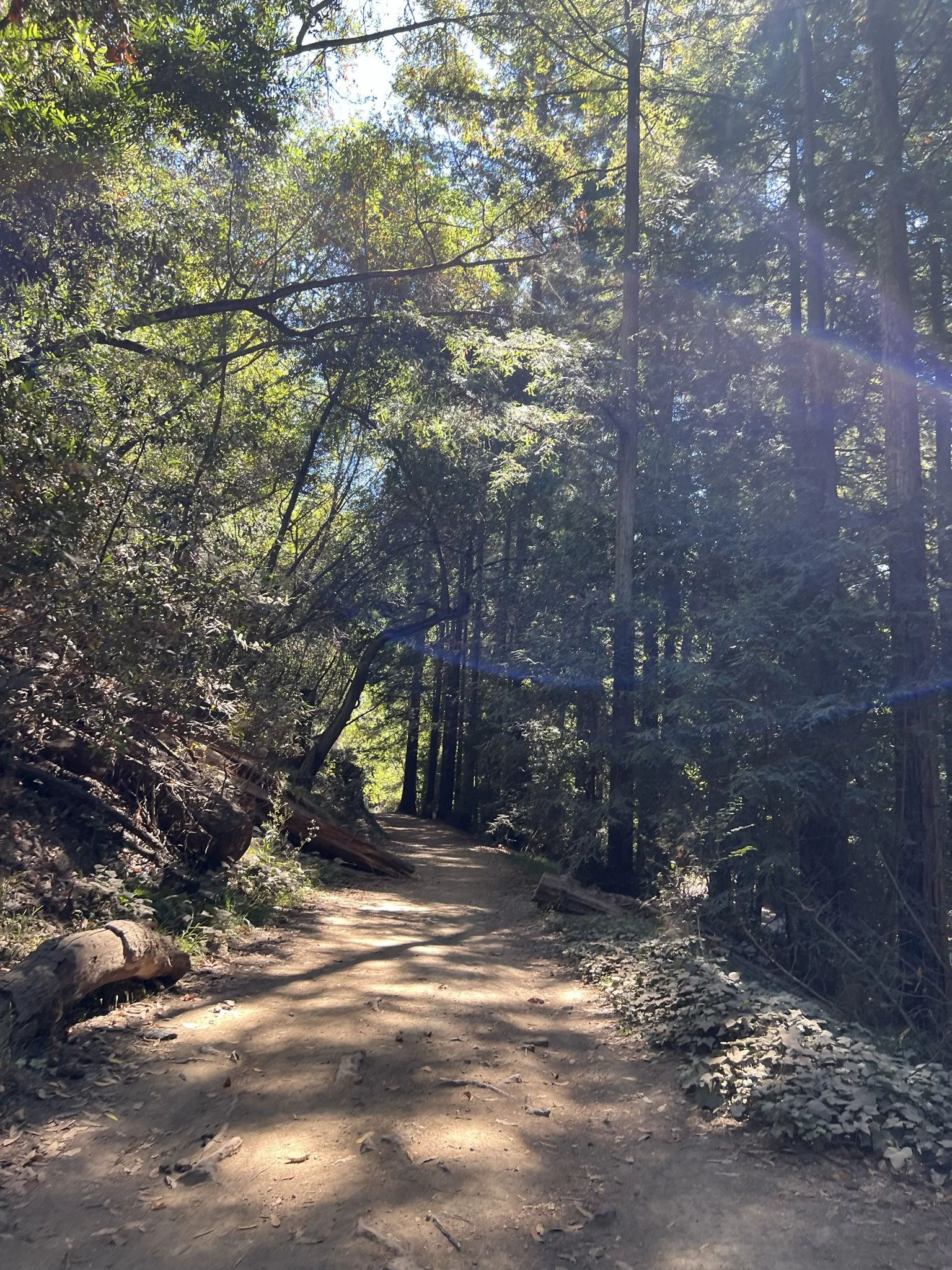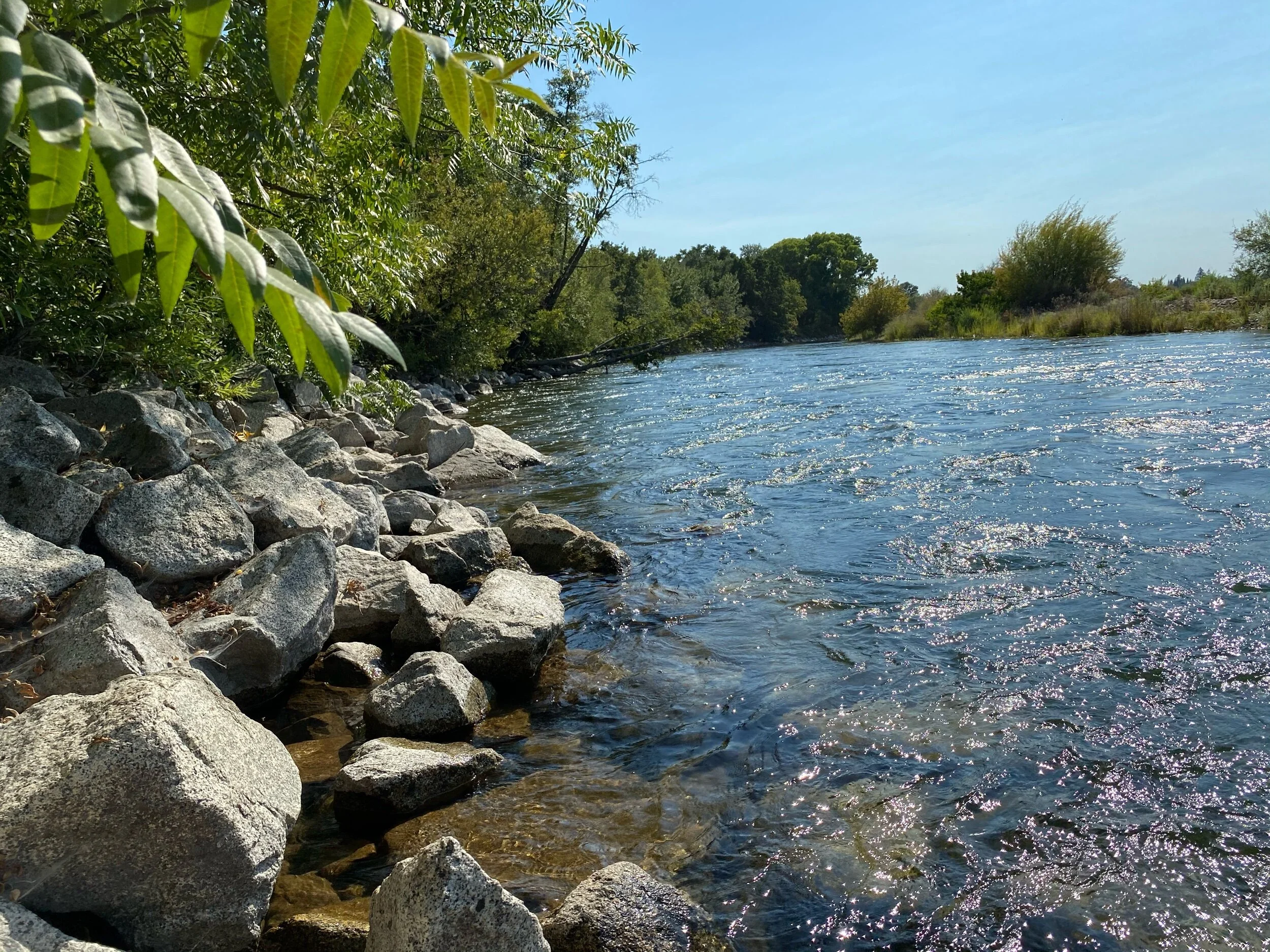We are on ohlone land. This is their land…still.
We acknowledge our presence on the unceded land of the valley nisenan.
Land Acknowledgement
“We acknowledge the land and labor of the Ohlone people, whose connection to this land we remember, and whose presence-past, present, and future-we respect. As part of the Perigee’s mission of supporting and fostering learning through the generation and dissemination of knowledge, we acknowledge that the land we meet on is the original homeland of Ohlone people.”
Oakland and Berkeley sit in the territory of Huichin, part of the stolen land of the Chochenyo Muwekma Ohlone, the successors of the historic and sovereign Verona Band of Alameda County.
WAYS TO SUPPORT + HOW TO COME CORRECT
One material way to acknowledge our history and support Indigenous communities in the Bay Area is through the Shuumi Land Tax, a voluntary annual financial contribution that non-Indigenous people living on traditional Chochenyo and Karkin Ohlone territory make to support the critical work of the Sogorea Te’ Land Trust.
We encourage you to contribute in order to return, in a very small and insufficient but nonetheless worthy way, what was never yours to begin with.
We are on nisenan land. This is their land…still
A small number of descendants of the Valley Nisenan remain in the Sacramento area and we adamantly affirm their presence as they still teach Nisenan children Nisenan traditions through work, ceremonies, gathering, food and stories. We welcome various members of the Nisenan people to join us in storytelling and music-making at the Black Crown Collective. We are blessed to have been influenced by these teachers and allies within the community. We are committed to the long term work of continued healing, reconciliation and reparations with authenticity as we work to grow a brighter generation of inhabitants of the earth.
The Nisenan people inhabited this valley and foothills for thousands of years and long before colonization. They lived well, endowed with resources of fertile land. The land provided food and material to sustain them and build their homes. Nisenan villages dotted the fertile floodplain, part of which is now where we host Black Crown Collective. This is also where they fished, hunted, and gathered food. Most areas provided abundant food, medicinal herbs and roots, and materials for clothing, shelter, utensils and tools. The Valley Nisenan were deeply connected to nature and lived in harmony with it. There was a perfect symbiosis between the people, the animals and plant life.
The Nisenan people had a highly developed knowledge of their environment and exceptional skills in basket making, acorn processing, pressure flaking. The languages, myths, oral traditions and peaceful nature of the people contributed richly to their culture but around tending, gathering, hunting, fishing and celebrating earth.
By taking a closer look at the traditional culture of the Nisenan, who are the southern group of speakers of the Maidu language, we gain a greater appreciation of their traditional cultural practices and way of life.
For more information about the Maidu-Nisenan living history, please consider checking out River of Sorrows by Richard Burrill.


